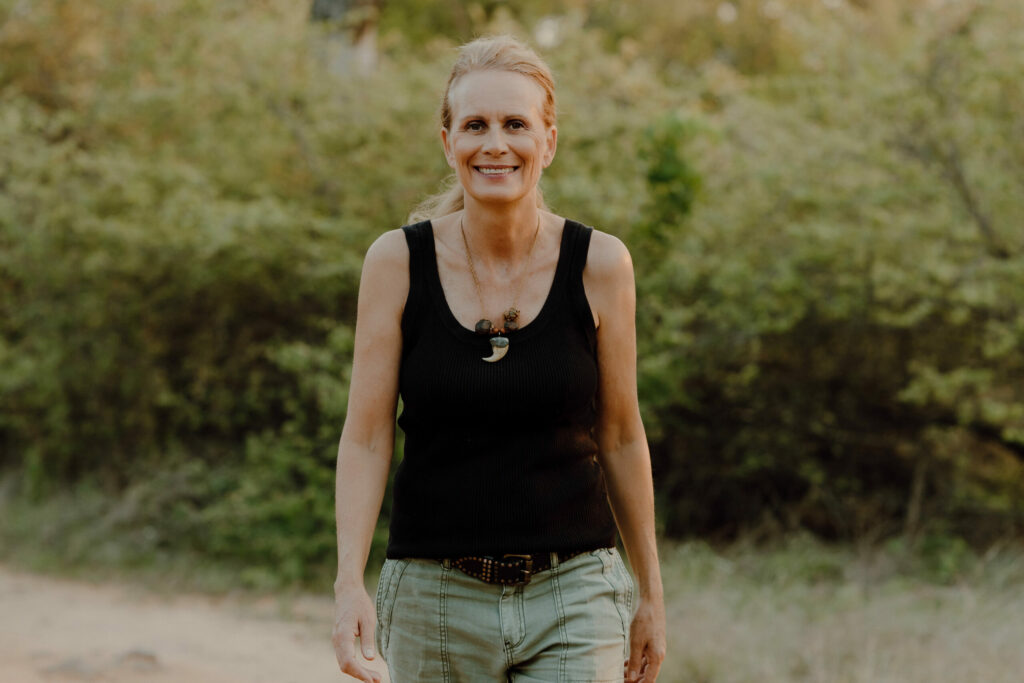Boundaries are an essential component of healthy and harmonious relationships. Boundaries help define what is acceptable and what is not, and they provide a framework for respectful and mutually beneficial interactions.
Setting and maintaining healthy boundaries also reflects a strong sense of self-esteem and self-love. When we prioritise our own well-being by establishing and enforcing our boundaries, we are demonstrating to ourselves and others that we value ourselves and our needs. This can improve our self-esteem and self-confidence, which in turn can enhance our relationships with others.
Setting boundaries can be challenging, especially if we have not learnt about healthy boundaries in the past and/or if we are in relationships where our boundaries have been consistently violated.
However, with support and help, we can learn to communicate our boundaries clearly and assertively, and establish relationships that are based on respect, trust, and mutual understanding.

What about the animal world?
Animals have a natural sense of boundaries, which are often referred to as “comfort zones”. These comfort zones are the physical and psychological spaces that animals need in order to feel safe and secure.
For example, a leopard may establish a comfort zone by retreating to a hiding place when feeling stressed or threatened, while a wild dog may establish a comfort zone by growling or barking when someone approaches them too closely.
Animals also have a natural instinct to protect their comfort zones, and they will often use body language or other forms of communication to signal to others when they are uncomfortable or feeling threatened.
For example, an elephant may open wide their ears when a human gets too close or a cheetah may arch its back and hiss when lions get too close to the prey they have just hunted.
As humans, we can learn a lot from observing animals and their natural sense of boundaries. By paying attention to our own comfort zones and respecting the comfort zones of others, we can establish healthy boundaries in our own lives and in our relationships with others.
Like animals, we can also use communication and body language to signal when we are feeling uncomfortable or threatened, and take steps to protect our own sense of safety and security. Did you know that our body language represents 56% of the way we communicate?
Boundaries & trauma
A lack of boundaries can be a common consequence of trauma. When a person experiences a traumatic event, their sense of safety and control may be shattered, and their ability to establish and maintain healthy boundaries may be compromised. Trauma can also affect a person’s self-esteem, self-worth, and their ability to trust themselves and others, which can make it difficult for them to set and enforce boundaries.
The same applies in the wild with animals. It is well reported that elephants that have been traumatised for example, can become disruptive and destructive, acting like hooligans. Some animals can even bully their peers.
Many people who have experienced trauma may develop a pattern of people-pleasing or co-dependent behaviours as a way to cope with their experiences. They may prioritise the needs of others over their own, and struggle to assert themselves or say no to others, even when it is in their best interest to do so. This can further erode their ability to establish and maintain healthy boundaries.
That said, trauma can affect people in different ways, and some individuals who have experienced trauma may not struggle with setting boundaries. However, for those who do, therapy and other forms of support can be helpful in developing skills and strategies to establish and maintain healthy boundaries.
So, remember…
1. By refusing to set boundaries, you prioritise others’ comfort over your own needs.
Setting boundaries is a great way to break the people-pleasing habit.
2. Being honest is respecting yourself and standing up for yourself.
It is actually the most truthful and authentic way to interact with others.
3. You cannot manage your boundaries and other people’s feelings at the same time.
Your boundaries might make people feel frustrated or resentful. That burden is not yours to bear.
4. It’s not your role to protect people from feeling uncomfortable.
People invading your space are not giving your comfort a second thought. Don’t put yourself in tricky or uncomfortable situations to protect other people’s feelings.





